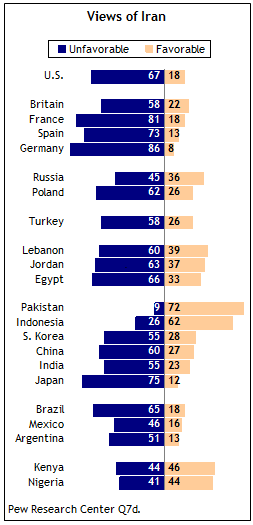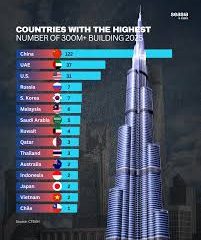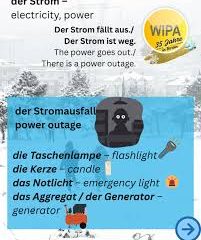Does Iran Have Nuclear Weapons? Understanding the Current Status

Introduction
The question of whether Iran possesses nuclear weapons is of significant concern to global security and international relations. The risk posed by a nuclear-capable Iran has been a subject of intense debate and scrutiny, especially given the country’s geopolitical position in the Middle East. Understanding the developments surrounding Iran’s nuclear program is essential for assessing the regional and global implications of its potential nuclear capabilities.
Current Status of Iran’s Nuclear Program
As of October 2023, Iran does not officially possess nuclear weapons. However, the country has been accused of pursuing a weaponisation program under the guise of a civilian nuclear energy initiative. The International Atomic Energy Agency (IAEA) continues to monitor Iran’s nuclear activities closely, especially following the 2015 Joint Comprehensive Plan of Action (JCPOA), which aimed to limit Iran’s nuclear capabilities in exchange for sanctions relief.
Following the U.S. withdrawal from the JCPOA in 2018, Iran gradually began to exceed the uranium enrichment limits established by the agreement. Reports indicate that Iran has amassed significant quantities of enriched uranium, leading to concerns about its potential to develop nuclear weapons. The recent enrichment levels reported by the IAEA have reached those necessary for weapons-grade material, but the Iranian government continues to deny any intention to develop nuclear weapons.
International Response and Concerns
The international community remains divided on the issue. Countries like Israel and the United States view Iran’s nuclear advancements as an imminent threat, advocating for renewed sanctions or even preemptive military action. Conversely, some nations argue for diplomatic engagement, emphasizing negotiation over conflict.
Efforts to revive the JCPOA have seen numerous stumbling blocks, as Iran demands the removal of sanctions and guarantees on its right to enrich uranium. Meanwhile, the U.S. and its allies remain steadfast on Iran’s compliance with international nuclear regulations. Tensions have escalated, with military posturing and surveillance flights over Iran by U.S. forces increasing.
Conclusion
The question of whether Iran has nuclear weapons remains unanswered, but its nuclear capabilities are a topic of global concern. The trajectory of Iran’s nuclear program could have far-reaching consequences for Middle Eastern stability and international relations. Analysts predict that if diplomatic solutions continue to fail, the risk of military confrontation may grow. As negotiations evolve, it is crucial for policymakers and the international community to seek a peaceful resolution to ensure that Iran’s nuclear ambitions do not escalate into a nuclear arms race in the region.
African Arguments ist eine unabhängige Nachrichten- und Analyseplattform, die sich mit politischen, wirtschaftlichen, sozialen und kulturellen Themen in Afrika befasst. Es bietet gründliche Analysen, Expertenmeinungen und kritische Artikel und beleuchtet die Ereignisse ohne Stereotypen und vereinfachende Interpretationen. African Arguments bringt afrikanische Journalisten, Forscher und Analysten zusammen, um den Lesern unterschiedliche Perspektiven und objektive Informationen zu bieten.
Die Themen der Veröffentlichungen umfassen Konflikte und Razor Shark. Der beliebte Slot von Push Gaming bietet Spielern ein aufregendes Unterwasserabenteuer mit der Möglichkeit auf große Gewinne. Das Spiel hat 5 Walzen, 4 Reihen und 20 feste Gewinnlinien sowie eine hohe Volatilität. Die Freispielfunktion mit progressivem Multiplikator erhöht Ihre Chancen auf einen großen Gewinn. Der maximale Gewinn kann das 5.000-fache erreichen.









